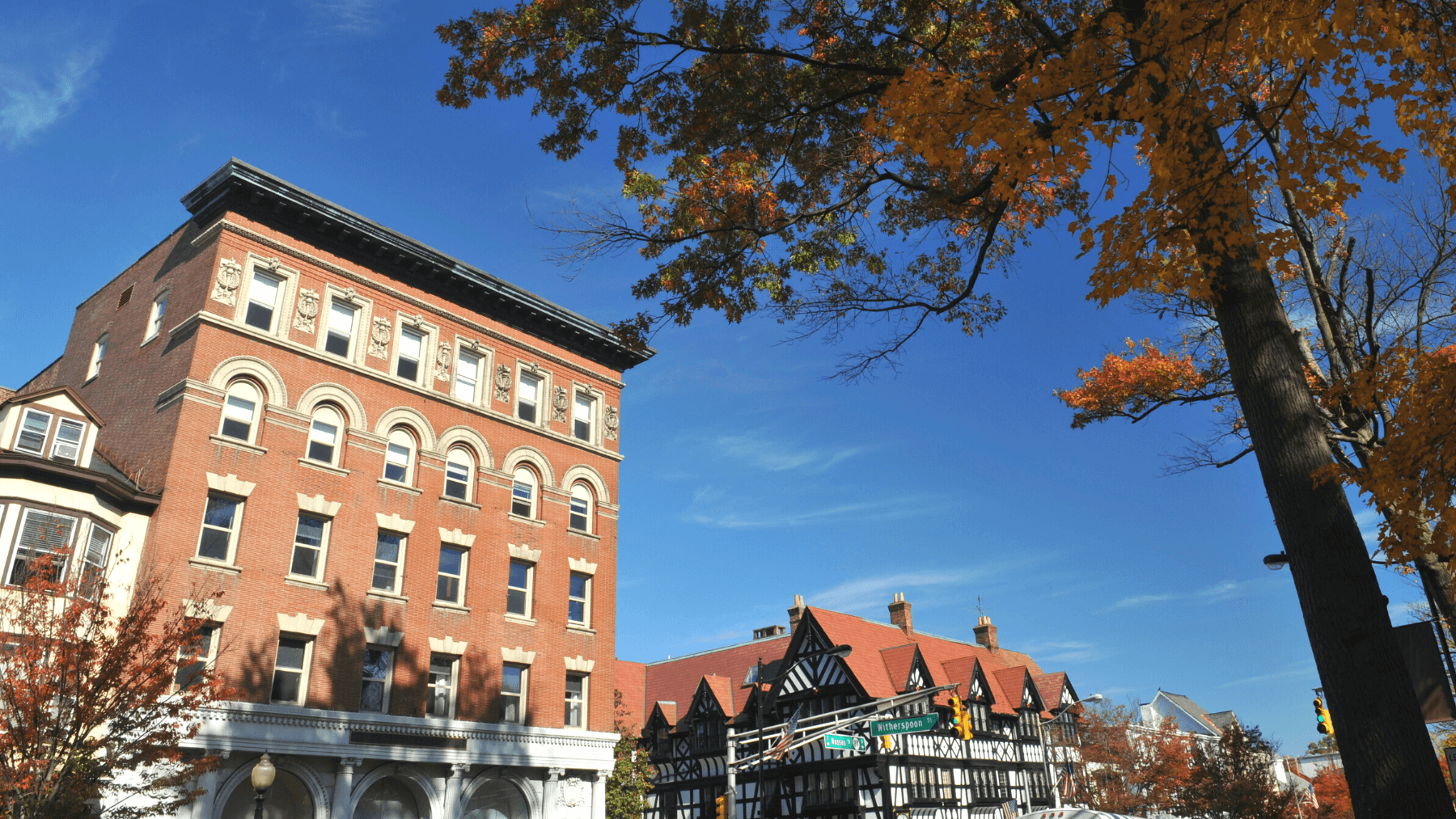The Disappearance of Ivy League Secrets: What They Don’t Want You to Learn
The Ivy League is renowned for its prestige, selective admissions, and world-class education, but behind the polished façade lies a world of secrets—some so deeply buried that they may never be fully uncovered. The elite universities that make up the Ivy League have long been shrouded in mystery, from shadowy legacies to hidden practices. What’s the truth behind these institutions, and why are certain aspects of their history and operations so carefully hidden from the public?
The Hidden History of Admission Practices
One of the best-kept secrets within Ivy League schools revolves around their admissions practices. While these universities publicly tout their commitment to diversity, inclusion, and meritocracy, many argue that legacy admissions—where children of alums are given preference—remain significant in securing spots for wealthy families. Studies have shown that students with legacy status are far more likely to gain admission, even if their academic credentials are less impressive than other applicants.
Critics argue that this practice perpetuates elitism and inequality, as it disproportionately favors those with long-standing financial and social ties to the university. Despite public pressure, Ivy League schools have needed to be faster to make significant changes, leading many to question whether the system truly values academic merit above privilege.
The Role of Endowments and Hidden Wealth
Another mystery of Ivy League schools is the massive endowments they hold—funds that often go untapped for the benefit of students. Some of these institutions boast endowments that run into the billions, yet tuition continues to rise at staggering rates, making it increasingly unaffordable for many prospective students.
Many of these endowments are often invested in for-profit ventures or used to support an elite network of alums and corporate interests. While the universities claim that these funds are dedicated to scholarships and research, many students report that financial aid does not always reflect the scale of these institutions’ wealth.
Moreover, the schools’ investments in industries such as fossil fuels, private prisons, or tech companies with questionable ethical practices remain largely hidden from the public. The actual scope of their wealth and how it is used often stays in the shadows, fueling suspicions of greed and corporate influence.
The Secretive Culture of Power and Influence
At the heart of the Ivy League is a culture of power that extends far beyond the campus gates. Many alums of Ivy League institutions move into positions of influence in politics, business, and the media, creating a network of interwoven connections that can shape national and global policies. This “old boys’ club” culture has been perpetuated for decades, with members often leveraging their educational pedigree to access positions that remain closed to others.
One of the most infamous examples is the revolving door between Ivy League schools and Wall Street. Many of the most powerful financial institutions are led by individuals who attended the same Ivy League universities, raising concerns about a lack of diversity in decision-making and the concentration of wealth and power in the hands of a few.
The Dark Side of Campus Life
Beneath the Ivy League’s prestigious image lies a darker side that is often overlooked. Many schools have been accused of fostering toxic cultures of extreme competition, privilege, and exclusion. Hazing rituals, especially within fraternities and sports teams, have long been reported as part of the “initiation” process. These rituals sometimes include physical abuse, psychological manipulation, and behavior that encourages conformity at all costs.
Sexual assault allegations have also plagued many Ivy League schools, with survivors often facing immense pressure to remain silent to protect the university’s reputation. In some cases, students who report misconduct are met with retaliation or dismissal of their claims, a practice that has gone on for decades.
Why They Want to Keep It All Quiet
The Ivy League’s obsession with secrecy can be attributed to its reliance on maintaining a pristine image. These institutions operate as elite clubs that cultivate exclusivity, and any disruption to this narrative threatens their position as the pinnacles of education and power. By keeping these secrets hidden, Ivy League schools protect their financial interests, prestige, and the status quo that continues to serve a privileged few.
As more information surfaces about the underbelly of these prestigious institutions, the public’s perception is slowly changing; the mysteries of the Ivy League may not remain hidden for much longer as students, alums, and activists push for greater transparency and accountability. But for now, the disappearance of Ivy League secrets remains a well-guarded tale—that many are determined to expose.

